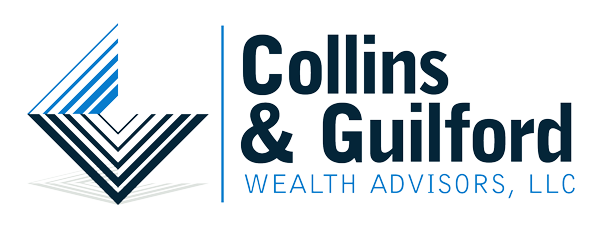The Top 3 Things Employers Might Not Know about their 401(k) Plan
Submitted by Collins & Guilford Wealth Advisors, LLC on May 23rd, 2023
A 401(k) plan is a popular retirement savings option offered by many employers to their employees. While employers may be familiar with the basic features of their 401(k) plan, there may be some lesser-known aspects of the plan that could have significant impacts on both the employer and employees. Here are three things employers might not know about their current 401(k) plan:
1. Hidden Fees and Expenses
One of the most significant factors that can impact an employer's 401(k) plan is the fees and expenses associated with it. While employers may be aware of the administrative fees charged by their plan provider, there may be hidden fees associated with investments and record-keeping that are not immediately apparent. These fees can eat into employee's retirement savings and may result in lower returns. Employers should review their plan's fees and expenses regularly to ensure they are reasonable and transparent. Additionally, employers may want to consider benchmarking their plan fees against industry standards to ensure they are competitive.
2. Plan Design and Compliance
Employers must adhere to specific rules and regulations to ensure their 401(k) plan is compliant with federal laws. Plan design can also have a significant impact on employee participation and retirement readiness. Employers may not be aware of the potential impact of their plan's design on employee outcomes. For example, plans with automatic enrollment and automatic escalation features tend to have higher employee participation rates and higher retirement savings rates. Employers should work with their plan provider and consider working with a financial advisor to review their plan's design and ensure it aligns with their retirement goals and objectives.
3. Investment Options
Employers may not be aware of the range of investment options available to plan participants within their 401(k) plan. While employers may offer a limited set of investment options, employees may benefit from a more diversified investment menu. Employers should review their plan's investment options regularly and consider offering a range of options that meet the needs of different employees. Additionally, employers may want to consider offering target-date funds, which are designed to adjust investment risk based on an employee's age and retirement date.
While employers may be familiar with the basic features of their 401(k) plan, there may be hidden fees, compliance issues, and investment options that they may not be aware of. By working with their plan provider and a financial advisor, employers can gain a deeper understanding of their plan and take steps to optimize it for their employees' retirement needs.

